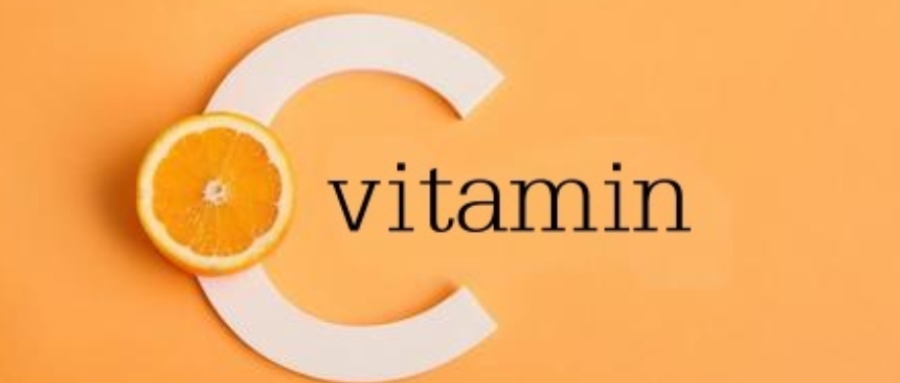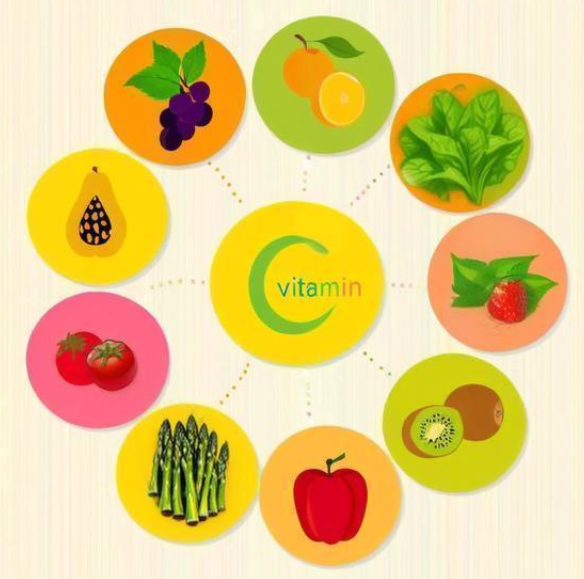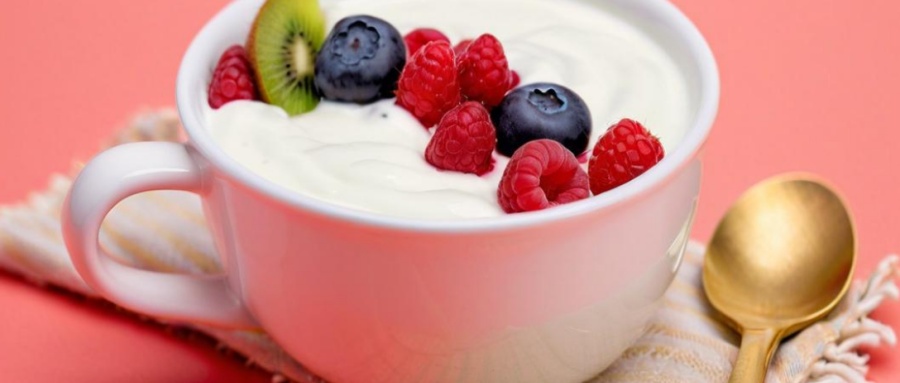
As one of the most important nutrients for the human body, vitamin C plays an essential role in maintaining good health. Medical research shows that daily supplementation with vitamin C can significantly improve our health. Let us take a closer look at the many benefits of vitamin C for the body.
Strengthen immunity and resist disease
Improve antioxidant capacity: As a powerful antioxidant, vitamin C can effectively neutralise free radicals in the body, reduce oxidative stress and enhance the cell’s defence against pathogens.
Enhance immunity: Vitamin C helps to promote the production of white blood cells and improve the function of immune cells, thereby improving the overall level of immunity and effectively resisting the invasion of viruses and bacteria.
Skin beauty and anti-aging
Promote collagen synthesis: Vitamin C is a key component of collagen synthesis, which helps with collagen production and repair, improving skin elasticity, reducing wrinkles and keeping skin looking young and energetic.
Inhibit melanin production: Vitamin C can inhibit the oxidation process of melanin, reducing the formation of dark spots and freckles, making skin more even, translucent and naturally glowing.
Improve physical fitness and stimulate vitality
Promote iron absorption: Vitamin C can increase the absorption rate of non-haem iron, promote the effective utilisation of iron in the body, prevent symptoms of anaemia, increase physical strength and resistance, and reduce fatigue.
Regulate stress state: Taking moderate amounts of vitamin C in the morning can help increase the secretion of adrenaline and norepinephrine, improving alertness and alertness and making you feel energetic.
How to supplement vitamin C scientifically?

Food is undoubtedly the best source. Some foods rich in vitamin C are listed below:
Fruits: grapefruit, mandarins, kiwi, strawberries, oranges, grapes, etc. are all rich in vitamin C.
Vegetables: spinach, celery, broccoli, cabbage, tomatoes, red peppers, etc. are all good sources of vitamin C. Among these, red peppers are not only rich in vitamin C, but their capsaicin components can also promote the absorption and utilisation of vitamin C.
Rhizomes: pumpkins, sweet potatoes and other foods also contain a certain amount of vitamin C, which is a good choice in the daily diet.
Vitamin C is a water-soluble vitamin that the human body cannot synthesise or store in large quantities. Taking too much or using it incorrectly can also have adverse effects. It is therefore important to understand and follow the correct way to take it. It is also recommended that you eat a varied diet to maintain good health.








